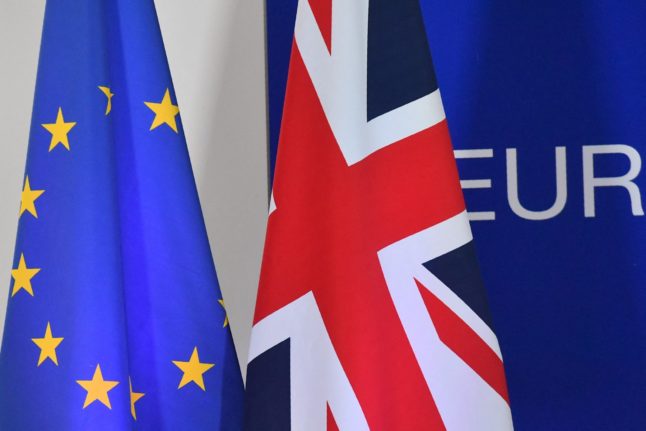As it stands, the finalised regulation is still yet to be passed. However, as at October 26th, most of the important details have already been laid out.
The following relies on hospitalisations and in particular ICU capacity staying relatively stable.
As per the government’s new five-level Covid rules, measures can be tightened if ICU capacity dwindles.
A spokesperson from the Vienna mayoral office told news outlet Kurier on Monday, October 26th, that they were hoping for the best.
“We are assuming that the Advent markets will take place,” a spokesperson said.
More information about this is available at the following link.
UPDATED: What is Austria’s new 5-stage Covid restrictions plan?
Christmas markets all across Austria must be 3G compliant
Christmas markets are set to go ahead across the country, with a requirement for proof of 3G (vaccination, recovery from Covid-19, or a negative test) compliance in order to enter.
This is the case even though Christmas markets largely take place in outdoor areas.
‘3G Rule’: How to prove you have been vaccinated, tested or recovered from Covid in Austria
Christmas markets will open up in several locations on November 12th, including the Weihnachtstraum at the Vienna Rathaus, the Weihnachtsdorf at the Alten AKH university campus, along with the markets at Stephansplatz and Spittelberg.
The Türkenschanzpark will open on November 13th, the Weihnachtsdorf on Maria-Theresien-Platz on the 17th, and the Weihnachtsdorf at Belvedere Palace on November 19th.
Both the Altwiener Christkindlmarkt auf der Freyung and the Weihnachtsmarkt vor dem Schloss Schönbrunn will open up on the 20th of November.
When handing down the new measures, Austrian Tourism Minister Elizabeth Köstinger said there would be “virtually no restrictions for those who have been vaccinated” and encouraged anyone who wants to take part in winter sports to get the jab.
How will this be enforced?
By Christmas time, Austria will have had six months to get used to the 3G Rule and how it works.
But while this is relatively easy to enforce in bars, restaurants and at other events and venues, the historic nature of Christmas markets can make things a little more difficult.
The majority of Christmas markets may be fenced in order to ensure that everyone inside is in compliance with the 3G Rule, with a person’s 3G credentials checked upon entry.
The government however is aware that fencing or other forms of barriers are difficult or impossible elsewhere, for instance in Graz, where the entire old town would need to be fenced off.
In this case, markets will use a ‘wristband’ system, where people will need to visit a number of points to get a wristband showing that they are 3G compliant.
From there, random checks will be carried out to ensure that all in attendance are compliant.
Those in attendance who are not properly complying with the 3G Rule face on the spot fines.
READ MORE: Austria to introduce on-the-spot fines for breaching 3G rule



 Please whitelist us to continue reading.
Please whitelist us to continue reading.
Member comments